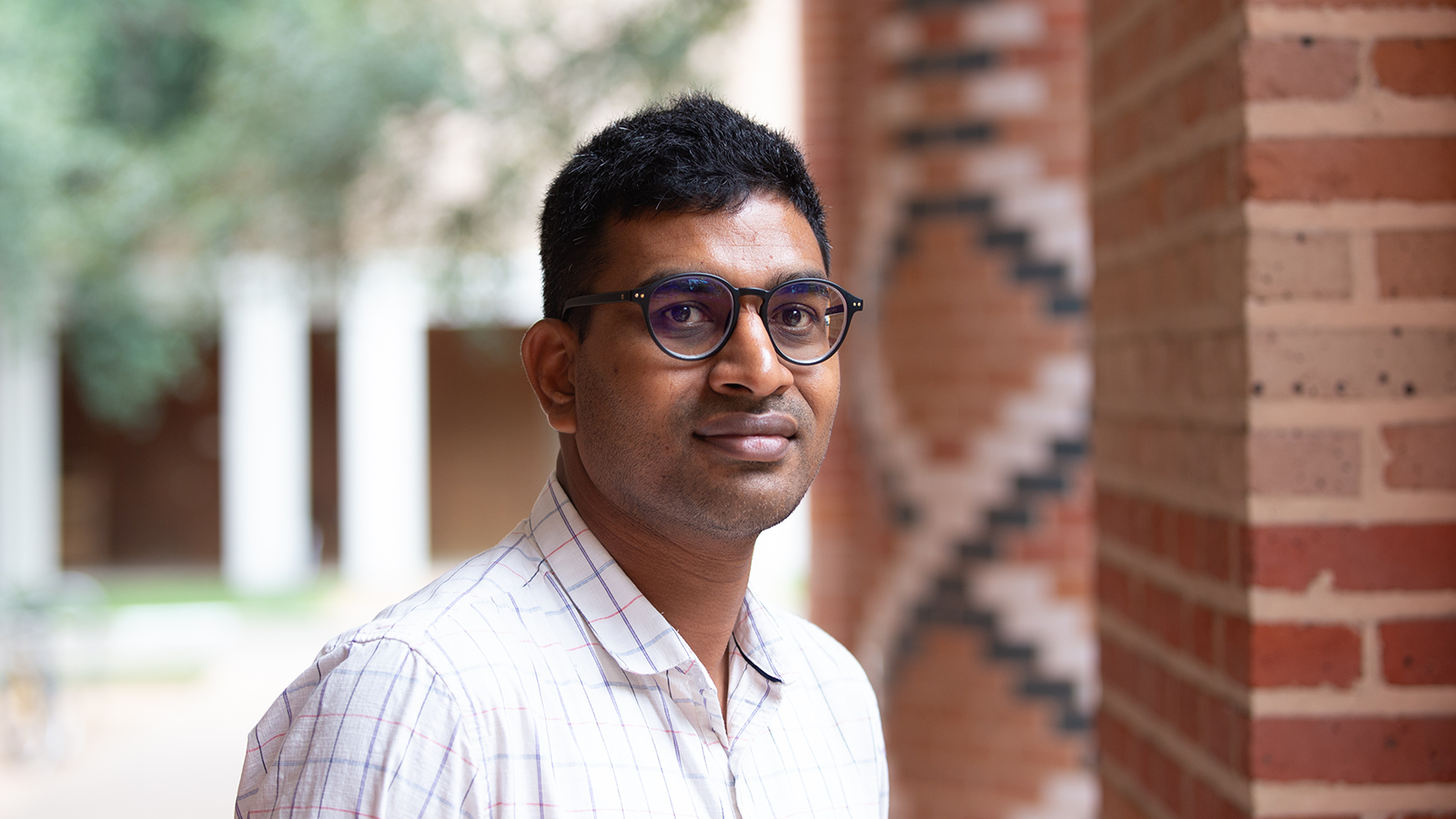Barun Mahata, who recently completed a postdoctoral fellowship in bioengineering at Rice University, has been appointed to a research faculty position at the Institute for Stem Cell Science and Regenerative Medicine (inStem) in Bangalore, India. A prestigious research institute dedicated to advancing stem cell research, inStem marks the next step in Mahata’s academic career as he launches his own independent lab focused on pioneering work in next generation epigenome editing.
Mahata’s journey from postdoc to independent faculty member underscores the value of mentorship and structured preparation. He said the Future Faculty Fellows (FFF) program’s interdisciplinary critique of his research proposal was particularly transformative.
“It helped me present my work in a clear, concise way that people outside of my immediate field could understand. That’s a critical skill when applying to diverse institutions or collaborative research centers,” he said. He credited Tracy Volz for her detailed feedback and Ashutosh Sabharwal, with whom he did a mock interview, for his time and encouragement.
The Future Faculty Fellows (FFF) program in Rice’s George R. Brown School of Engineering and Computing is designed to help Ph.D. students and postdocs explore the tenure track academic career path, compete successfully for tenure track faculty positions and launch their careers. The program offers workshops, panel discussions, networking events and other support tailored to academic career pathways.
“The Future Faculty Fellows program helped me at every step,” said Mahata. “From crafting my CV and refining my research proposal to preparing teaching statements and participating in mock interviews—it was comprehensive. It gave me a strong foundation for entering the job market.”
Mahata’s postdoctoral work with advisor Isaac Hilton, associate professor of bioengineering & biosciences, focused on the emerging field of epigenome editing, which aims to rewrite chemical modifications in DNA to influence gene expression without changing the genetic code itself. Through this work, he co-developed a powerful new tool called CRISPR-DREAM, which activates silent or insufficiently expressed genes using human-derived proteins. The discovery, which arose from an initially unrelated set of experiments, was ultimately published in Nature Methods and is now patented by Rice University.
“Sometimes failure leads you to unexpected success,” Mahata said. “Our first approach didn’t work, so I started a side project using mechanosensitive transcription factors. A year later, it clicked—and it became a major breakthrough.”
Now at inStem, Mahata plans to extend this line of research by developing tissue-specific epigenome editors that could eventually contribute to gene therapy efforts for conditions such as Dravet syndrome or Gilbert syndrome. He also intends to integrate stem cell biology into his research agenda and explore how epigenome editing can be applied to regenerative medicine.
“The institute is dedicated to stem cell science, so I’m excited to explore the intersection of my expertise with this new field,” he said. “It’s a chance to step into an unknown research area, and that challenge motivates me.”
As he transitions into a leadership role, Mahata says he’s carrying forward lessons learned from Rice—particularly the importance of resilience and scientific rigor.
“Science is full of failure. You have to be passionate and persistent. I want my future students to understand that failing fast is part of moving forward, and from every failed experiment, you learn something new,” he said. “You jump from failure to failure, and eventually, you learn to get to the fruit on the tree.”
Are you interested in the Future Faculty Fellows program? Learn more here.

